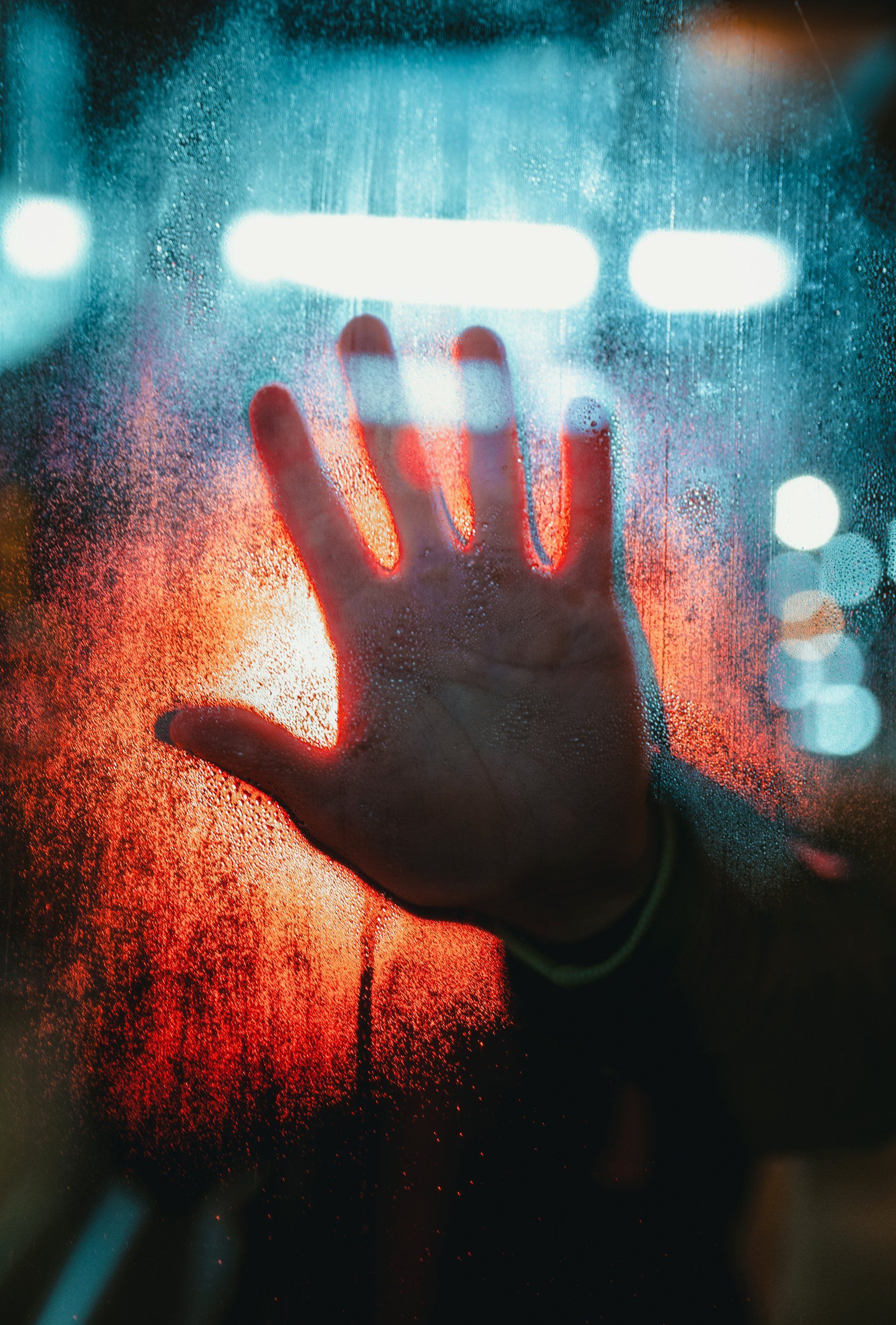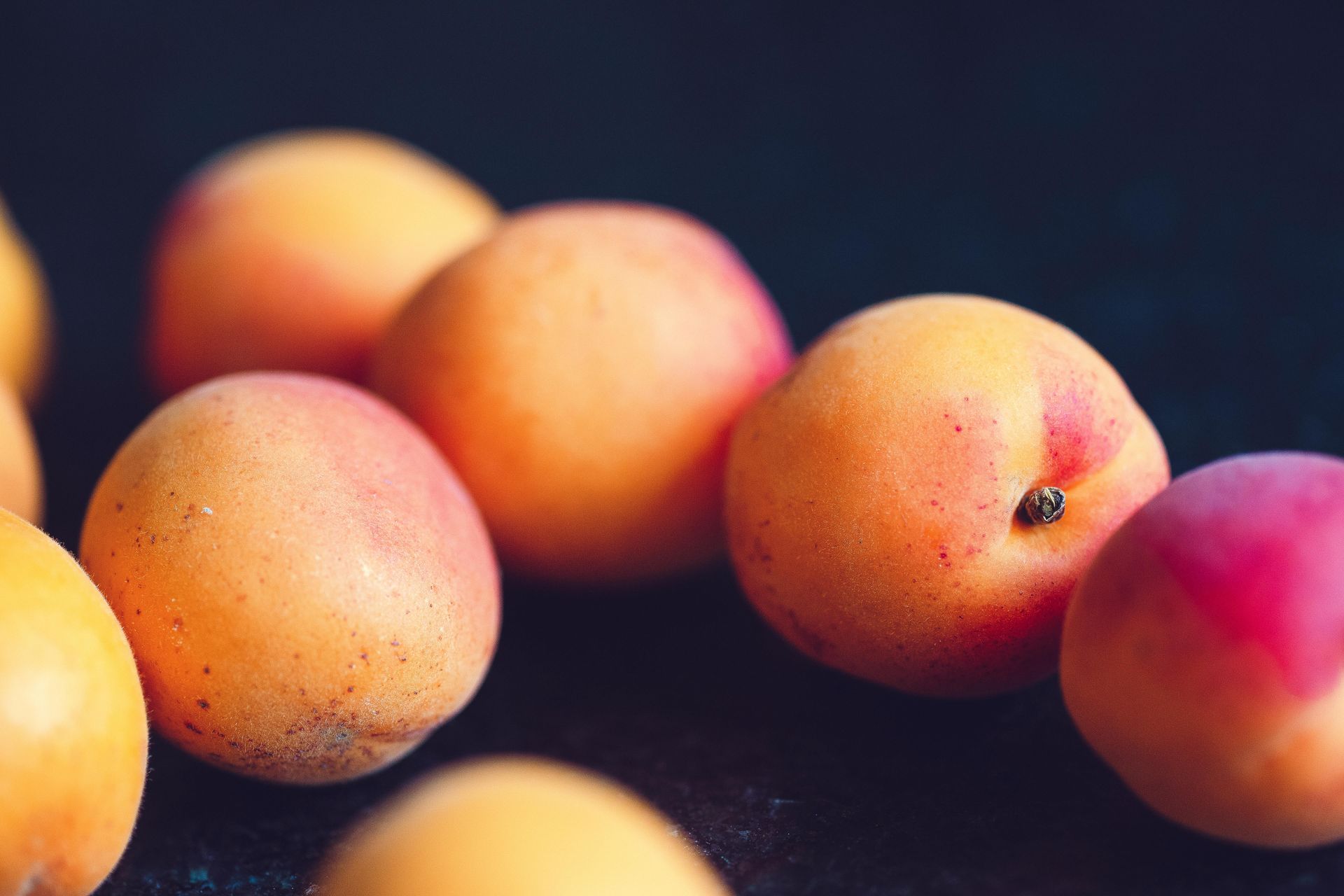How the pandemic isn’t over …
And it won’t be ‘any time soon’
There’s plenty of uncertainty. But three things are very clear, at least to the scientists around the globe who are working so hard to fight the pandemic:
- This current wave will not be the last
- We live in a global economy, which means we can’t expect to deal with the pandemic in only one part of the world without seeing an impact elsewhere
- Ultimately, the only way to prevent new variants is to stop covid spreading
Taking these three key points into account it’s clear we’re in trouble. The UK government remains keen to keep everything open and running but we’re already seeing severe spikes in new infections and hints of a return to the bad old days of increasing hospitalisation rates.
As you’ll know if you’re keeping tabs on friends via Facebook, thousands of people in the UK who have managed to steer clear of the virus so far seem to be finally catching it, probably because so many people have decided to forgo masks and distancing in public spaces.
At the end of January the massive worldwide omicron wave had started to fall back. Now cases are on the up again. Omicron’s second wave is well underway thanks to the even-more-infectious BA.2 subvariant doing the rounds right now. The fact that so many countries have dropped measures to contain covid is helping it spread even faster.
What happens when more people catch covid? It’s a common sense thing – we stand an even greater risk of deadly variants evolving.
The emergence of fast-spreading variants like BA.2, the so-called Stealth Variant, isn’t really being taken seriously in England, which vaccinated strongly and early but has now dropped restrictions, assuming vaccines will keep deaths and hospitalisations low even as cases rocket. Places that dodged a high death toll in the first place, like Australia, New Zealand, mainland China and Hong Kong, were successful for a while but the more transmissible new variants have let the virus break through. This means they’ll have to refocus on vaccination.
Vaccines perform differently, which is itself a problem. China’s vaccines, for example, are less effective at preventing infections than the mRNA vaccines used elsewhere. This fosters inequality. Worse still, vaccination around the world has been patchy and unequal. ‘Dozens’ of countries have vaccinated less than 10% of their people, which puts the whole world at risk.
So what do the scientists say about the latest BA.2 wave? The way things will play out depends entirely on what the world’s different countries do next. One thing we know for sure – opening everything up at the same time as a surge in new cases is never going to be a wise idea.
As we mentioned at the start of this article, ultimately,
“the only way to prevent new variants is to prevent the spread of the virus.”
As we sail into the third year of the pandemic, the governments of the world are still on the same dangerous track, focusing on themselves rather than on the wider world. Until we start treating the people of the world the same, with a global vaccination strategy that focuses on equality, we’ll never escape from covid. And we could see things becoming an awful lot worse.
In a landscape like this, you need UVC covid killing lights to keep people safe and minimise the number of new covid cases. Do it for yourself, your loved ones, your business, your country, the people of the world, and for all our sakes.










